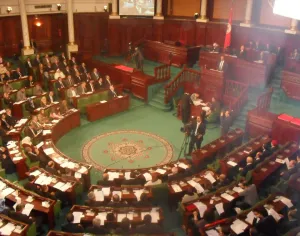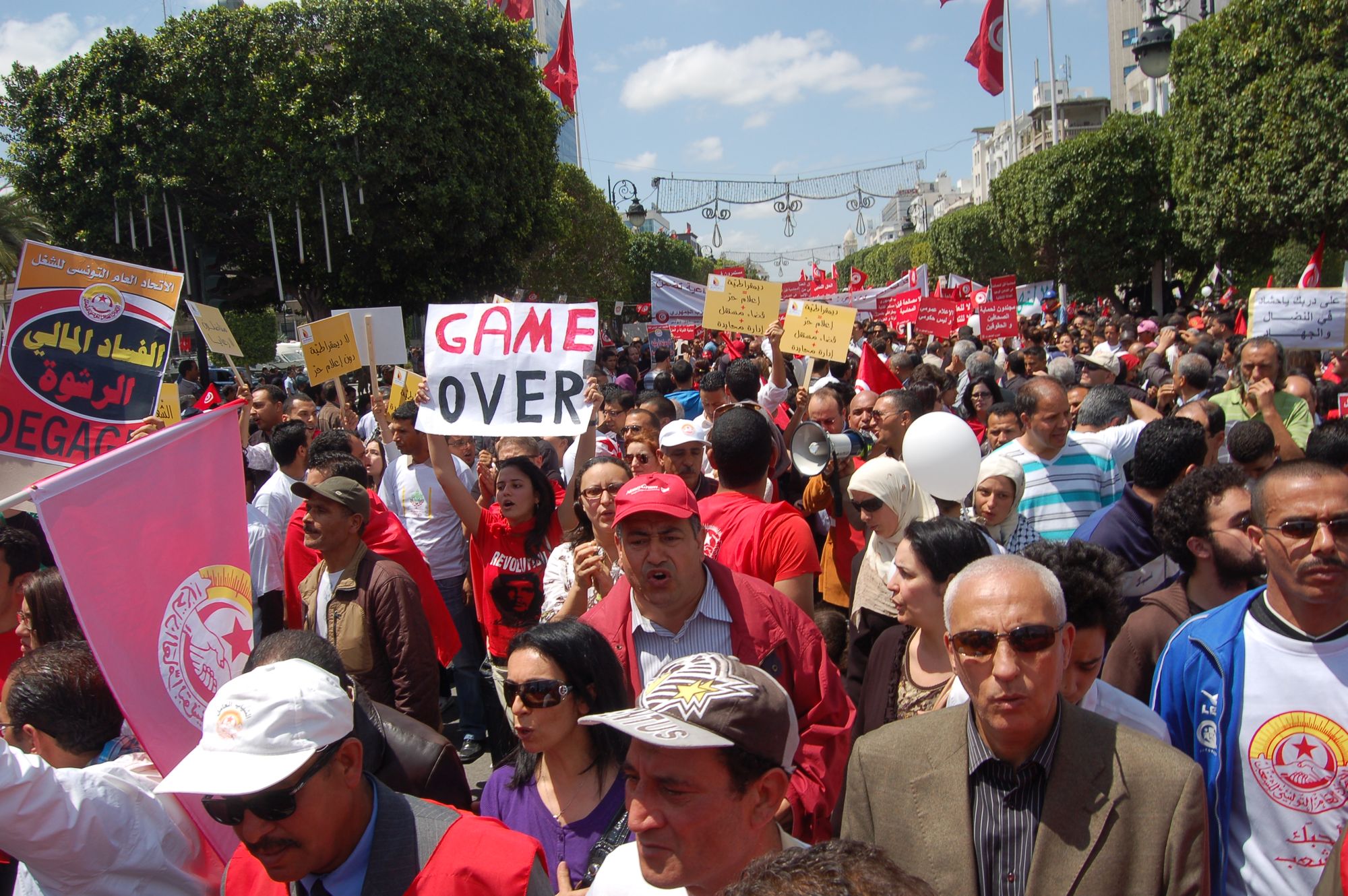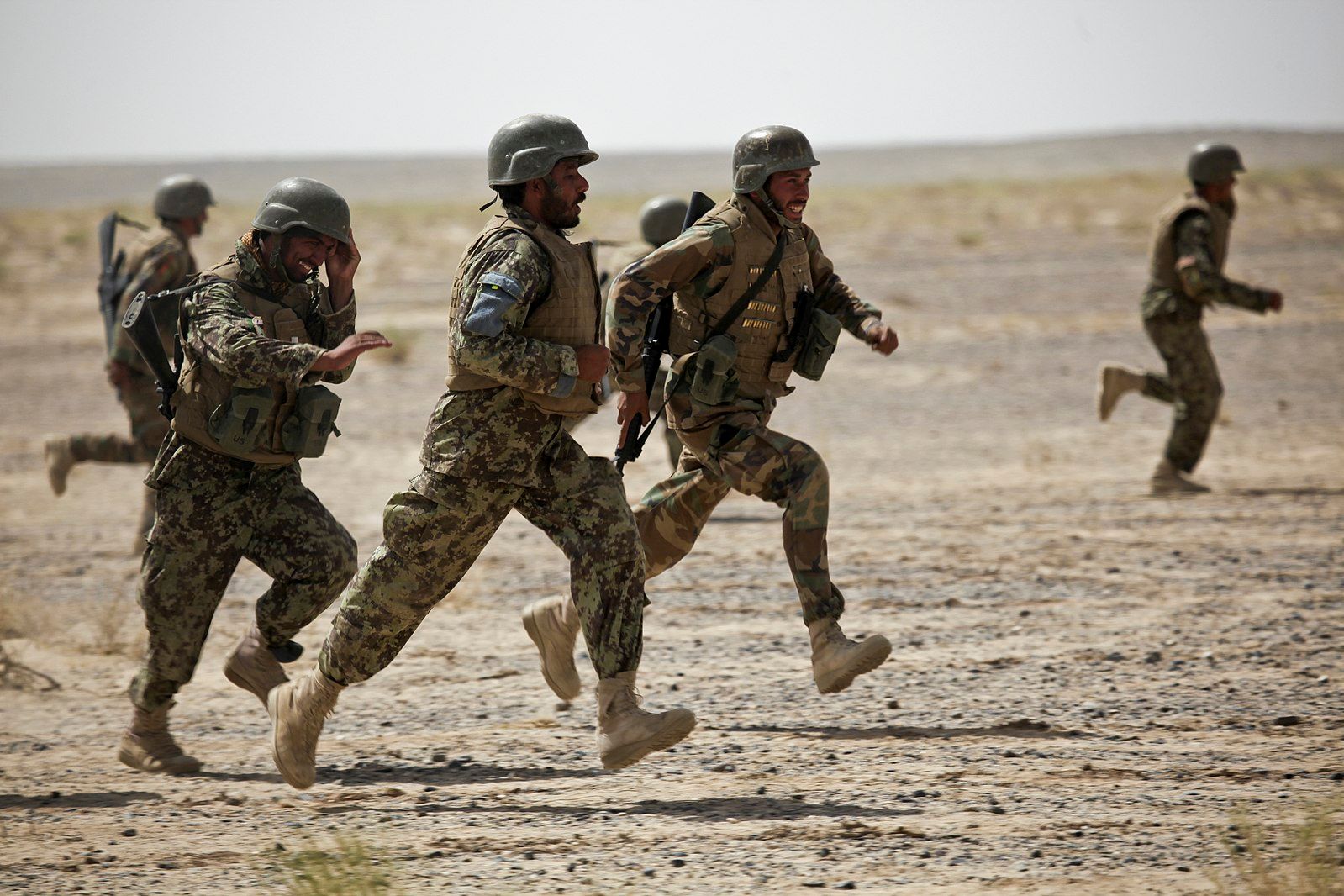On July 26th, just over a month ago, Spectacles published an Insight titled “Tunisian Democracy at Death’s Doorstep.” At the time of writing, Tunisia’s president Kais Saied had suspended the small North African country’s Parliament, ostensibly in response to widespread protests against high unemployment, pervasive corruption, and the mishandling of a worsening COVID crisis.
Today, the situation has only worsened. Mr. Saied originally suspended the Tunisian parliament for a period of 30 days, based on a dubious interpretation of the country’s constitution. Just days ago, he announced that the suspension would be indefinite. Some members of parliament and other public officials have been arrested.
It’s worth noting that the protests Mr. Saied used as a pretext for his assumption of power were dominated by calls for the dissolution of parliament, and that Mr. Saied’s actions were met with a good deal of celebration. That Tunisia’s democracy has done a poor job improving the lives of its citizens, no one can reasonably deny. Nonetheless, it is understandably upsetting for observers of democracy around the world to watch one of the few successful cases of democratic emergence in the past decade crumble.
One such observer is the Harvard law professor and Bloomberg Opinion columnist Noah Feldman, who recently published a column titled “Losing Afghanistan Was Inevitable. Losing Tunisia Is Not.” Comparing what he sees as a doomed effort to establish a democracy in Afghanistan—which you can read about in Spectacles here—with Tunisia’s current crisis, Professor Feldman makes a fairly strong case that the United States has been lackadaisical in its response to Mr. Saied’s rollback of democracy.
Professor Feldman does a good job analyzing events as they have played out in Tunisia. He notes some important failures within Tunisia, both in its Constitution and the behavior of political elites. But he also accuses the United States of not doing its part to place enough diplomatic pressure on Mr. Saied to call Tunisia’s parliament back into session, an eminently reasonable complaint.
That said, there is an interesting section of Professor Feldman’s column that is worth exploring. Towards the end of his article, he mentions that “Tunisia depends on loans and economic aid from international institutions.” He goes on in the next sentence, writing “Meaningful international condemnation of the falling away of democracy would have forced Saied to backtrack.” Professor Feldman doesn’t assert it outright—indeed he seems to be going out of his way to be indirect—but this could only mean economic sanctions or at least the credible threat of such. Economic sanctions are financial or resource penalties imposed by a country or international institution against some other country.
Sanctions as a tool of statecraft pose a dilemma for foreign policymakers. They are often implemented by democracies with the goal of generating pressure on autocratic or semi-autocratic regimes by introducing economic deprivation that might lead the citizens of a country to revolt. But depriving citizens of resources to pressure leaders, usually with the stated goal of making life better for citizens in the long run, seems illogical, even cruel. In the case of Tunisia, comprehensive sanctions that deprive the whole society—which is already suffering so much—would be considered by most empathetic, rational people as twisted.
For this reason foreign policymakers today have embraced what are known as “smart” sanctions, which seek to target individuals rather than the whole of society. This is plausibly what Professor Feldman is advocating for: sanctions against Mr. Saied or elite allies who might turn on him. But according to Daniel Drezner, a professor of international politics at Tufts University, smart sanctions have had mixed results. Elites frequently find their way around them and they often don’t hurt to the extent that would motivate regime change. Perhaps if formulated exactly the right way and explicitly conditioned on the restoration of Tunisia’s parliament, smart sanctions would be effective, but it’s hardly a sure thing.
This dilemma poses a significant problem for democratic states that want to leverage their international influence to preserve fledgling democracies such as Tunisia. It’s not enough to hand-wave in the direction of sanctions when engaging in public commentary on an issue. If we are serious about democracy around the world, political commentary and policymaking need to be more innovative in formulating pro-democratic statecraft, from Afghanistan to Tunisia and beyond.





Comments
Join the conversation